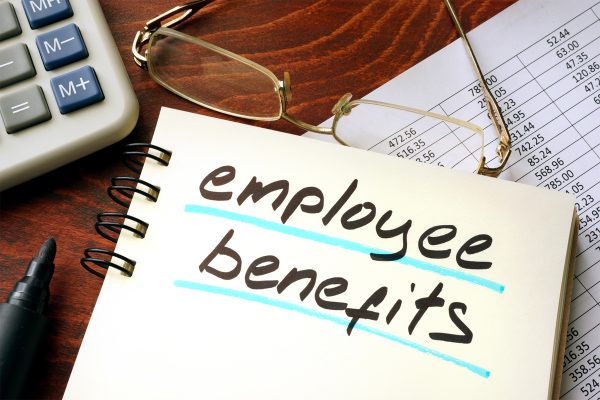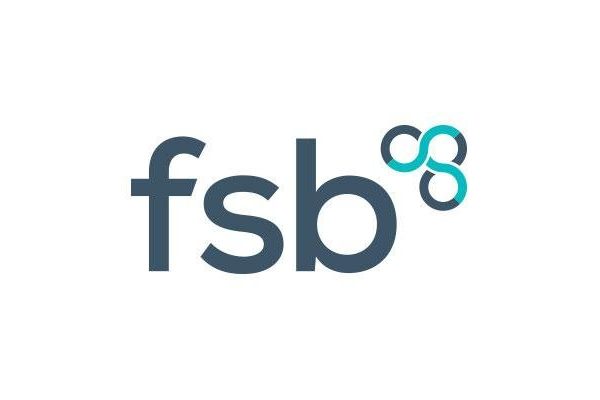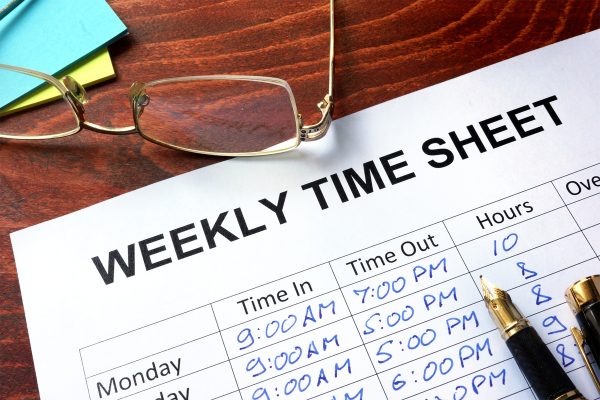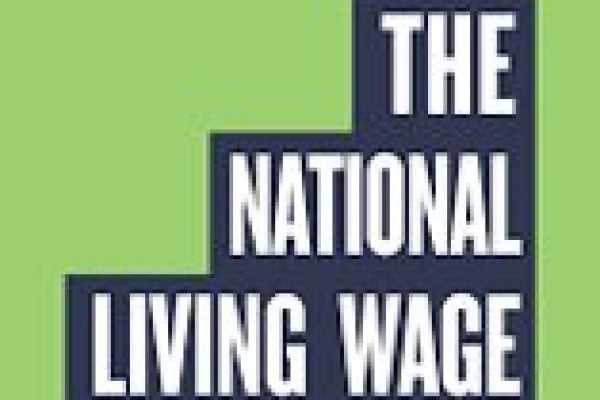As of the 1st of April, millions of workers will earn slightly more per hour than last month as the National Minimum Wage increase comes into effect. For workers over the age of 25, the National Minimum Wage is termed the National Living Wage and rises 38p to £8.21.
The National Living Wage is not to be confused with the Living Wage or as, as the Government muddied the waters by stealing the moniker, the Real Living Wage, which is £9.00 across the UK and £10.55 in London. This means that the National Living Wage, paid to employees aged 25 or over, is still not accepted as enough to live on.
The increase won’t really be welcomed by employers or employees. For Employers it not only means a rise in the wage bill, but also probably means incremental rises across their pay scales and the associated National Insurance and Pension increases this comes with. For Employees, it’s a relatively small increase compared to the rising costs of living with Council Tax, Gas, Electric, TV Licences and just about every other household bills getting bigger. Employees quite simply need to earn more than the minimum wage.
Nonetheless, the National Minimum Wage has made a difference to the lowest paid workers in the country since it was introduced 20 years ago in April 1999. The government say that since 1999, the lowest paid have seen their hourly pay grow faster than all other workers.
National Minimum Wage rates for 2019-2029
|
|
|
|---|---|---|
| National Living Wage | £7.83 | £8.21 |
| 21-24 Year Old Rate | £7.38 | £7.70 |
| 18-20 Year Old Rate | £5.90 | £6.15 |
| 16-17 Year Old Rate | £4.20 | £4.35 |
| Apprentice Rate | £3.70 | £3.90 |









One Response
Apprentices should get a bit more money. Even thou they are training while working they are treated as a proper member of staff who is qualified and work as twice as hard.